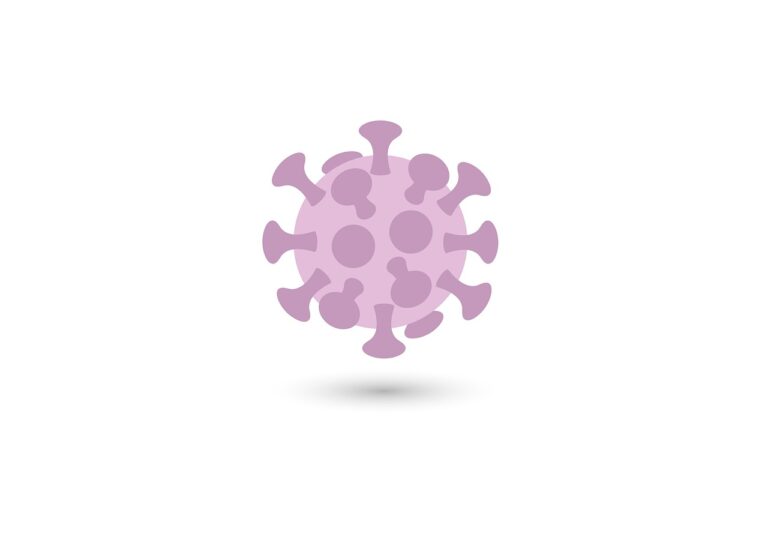Understanding Epigenetics and Its Implications for Health: Gold bet 7, Radhe exchange, 11xplay.online
gold bet 7, Radhe Exchange, 11xplay.online: Epigenetics is a fascinating field of study that has been gaining a lot of attention in recent years. It refers to changes in gene expression that do not involve alterations to the underlying DNA sequence. Instead, epigenetic changes can be influenced by various factors, including diet, lifestyle, environment, and even stress.
Understanding Epigenetics
Epigenetics plays a crucial role in determining how our genes are expressed and can have significant implications for our health. By influencing which genes are turned on or off, epigenetic changes can impact various processes in the body, such as cell growth, metabolism, and immune function. This can ultimately affect our risk of developing certain diseases, including cancer, cardiovascular disorders, and autoimmune conditions.
Implications for Health
One of the most exciting aspects of epigenetics is the potential for targeted interventions to reverse harmful epigenetic changes and improve health outcomes. Researchers are exploring various strategies, such as dietary modifications, lifestyle changes, and even medications, to modulate epigenetic markers and promote better health. By understanding how epigenetic factors interact with our genes, we can potentially unlock new ways to prevent and treat diseases.
The Role of Diet and Lifestyle
Diet and lifestyle factors play a significant role in shaping our epigenetic landscape. For example, certain nutrients in our diet, such as folate, vitamin B12, and polyphenols, can influence DNA methylation and histone modification, which are two key mechanisms of epigenetic regulation. Likewise, factors like exercise, stress management, and sleep can also impact our epigenetic profile and overall health.
Environmental Exposures
Exposure to environmental toxins, pollutants, and chemicals can also exert epigenetic effects on our genes. Studies have shown that prenatal exposure to certain chemicals, such as bisphenol A (BPA) and phthalates, can lead to epigenetic changes that may increase the risk of developing conditions like obesity, diabetes, and neurodevelopmental disorders later in life. It is essential to be mindful of our environmental exposures and take steps to minimize potential risks.
Precision Medicine and Personalized Health
Advances in epigenetics have paved the way for precision medicine approaches that take into account individual variability in gene expression and epigenetic modifications. By analyzing a person’s epigenome, healthcare providers can tailor treatments and interventions to target specific epigenetic markers associated with particular diseases. This personalized approach holds great promise for optimizing health outcomes and improving patient care.
FAQs
Q: Can epigenetic changes be passed down to future generations?
A: Yes, certain epigenetic modifications can be heritable and passed on to offspring, potentially impacting their health and disease risk.
Q: Can we reverse harmful epigenetic changes?
A: While it is challenging to reverse all epigenetic changes, research suggests that targeted interventions like diet, lifestyle modifications, and certain medications can help modulate epigenetic markers and improve health outcomes.
Q: How can I support my epigenetic health?
A: Focus on maintaining a healthy diet, staying physically active, managing stress, getting enough sleep, and minimizing exposure to environmental toxins to support optimal epigenetic health.
In conclusion, epigenetics offers a new paradigm for understanding how our genes interact with the environment and influence our health. By exploring the complex interplay between genetics and epigenetics, we can uncover novel strategies for disease prevention, personalized medicine, and improved well-being. Stay tuned for exciting developments in this rapidly evolving field!







